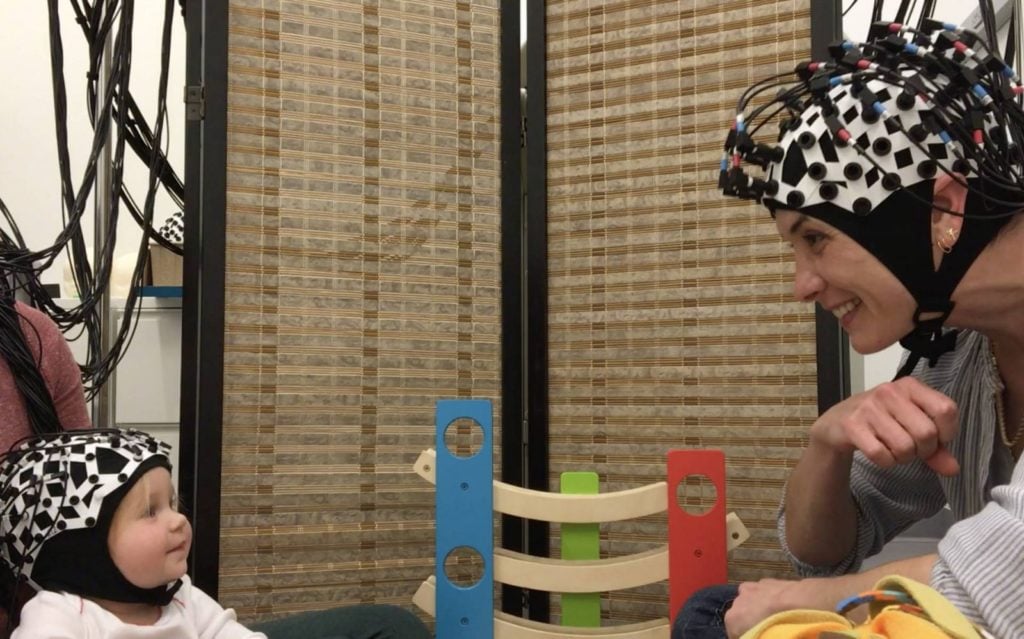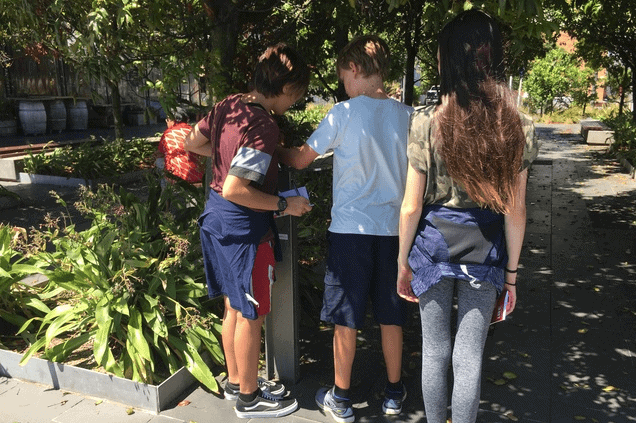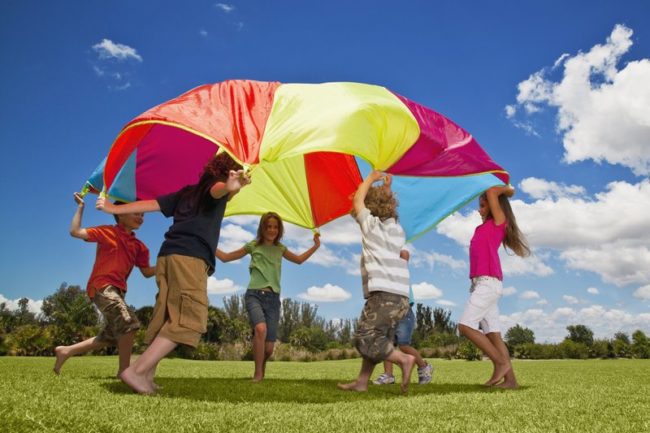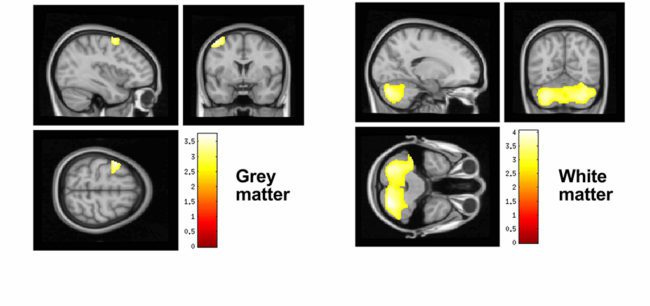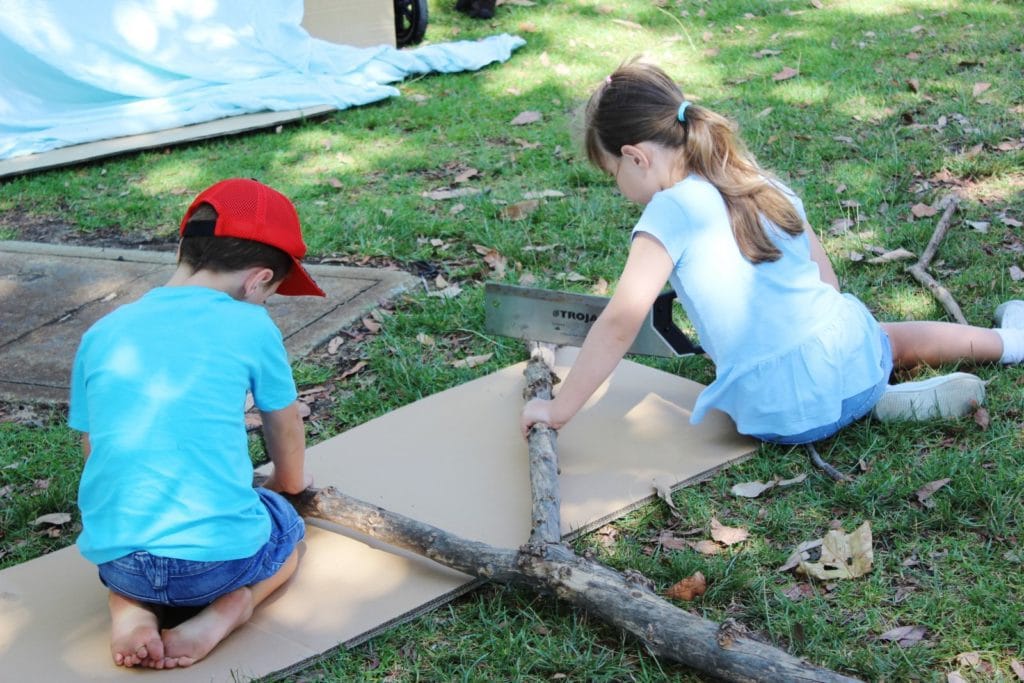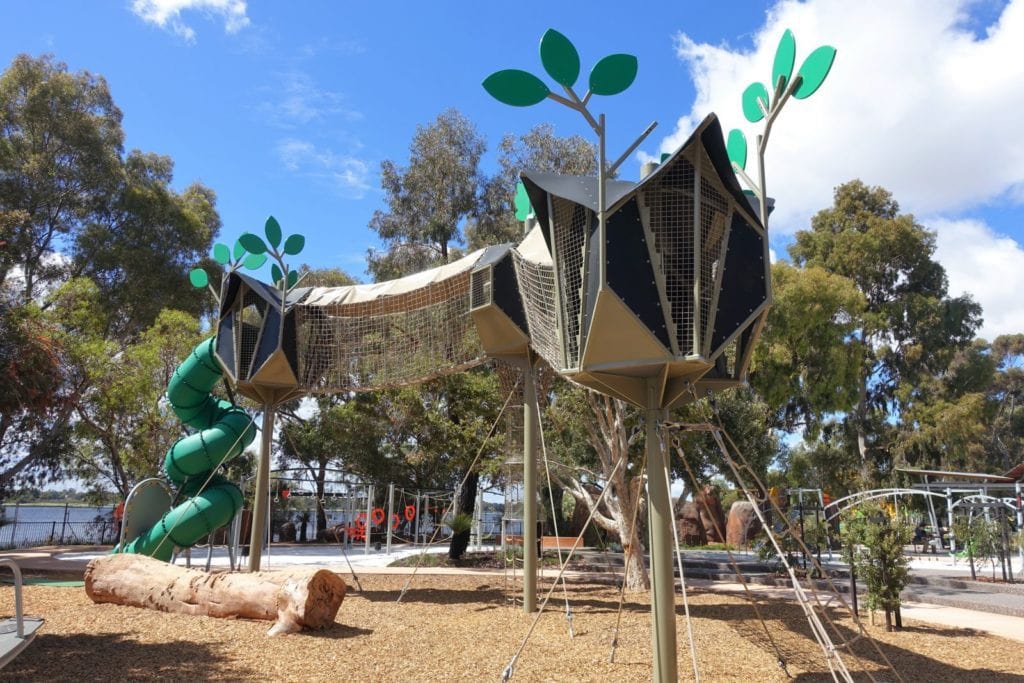Infant and Adult Brains Are Coupled to the Dynamics of Natural Communication
Infancy is the foundational period for learning from adults, and the dynamics of the social environment have long been considered central to children’s development.
Infant and Adult Brains Are Coupled to the Dynamics of Natural Communication Read More »

